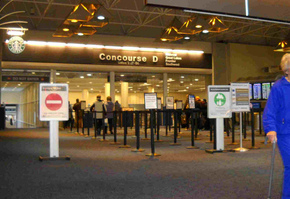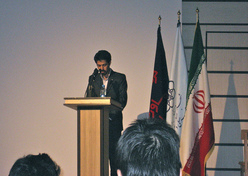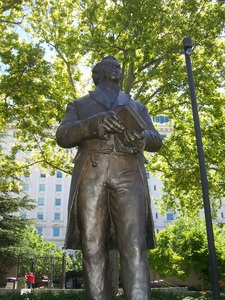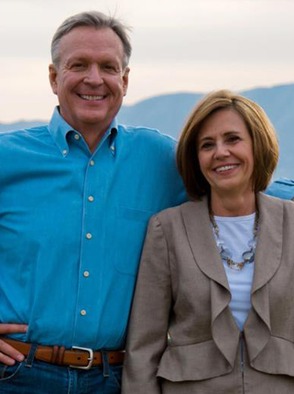
For example, only two states in the union will not give gas stations the freedom to let customers pump their own gas, Oregon and New Jersey. Pull up to any station in those states and someone will jump to your window before you have the chance to hop out. He or she will ask what type of gas you want and how much.
They don't check your oil or tire pressure. They just pump gas, take your credit card and smile. Nice people, but is this really necessary, and how much more does it cost me?
Whenever I write about this, I typically get a lot of Oregonians defending their state's unique law by waxing eloquent about how nice it is to get old-fashioned personal service. That isn't the point.
I think it would be great if states would require radio stations to play those old Jack Benny shows or that newspapers have to be delivered by kids on bicycles, or that restaurants don't let people serve themselves at salad bars. The problem is, in a free country it shouldn't be OK for the government to tell businesses how to do business, unless health and safety are concerned.
This blog says the practice dates to 1951. Just about every state has a law or two on the books that exists only to preserve some sort of job. These are the ones that require a special license to braid hair, for example. They are ridiculous intrusions into the market.
Oregonians also will argue the law creates jobs for young people. That's debatable. If government is forcing people to pay for jobs in markets that don't really exist, you can be sure it's also keeping jobs from being created in markets that do exist.
And while the cost of gas in Oregon isn't out of line with that of neighboring states, it would be just plain silly to argue there isn't a cost involved in this law. Someone is paying for this service.
If gas stations want to charge a bit more to give that personal touch, and if they think there is a market for that, more power to them. My guess is people don't really want to pay for that. Why do Oregon and New Jersey force a market that doesn't exist?
The Oregon law apparently classifies gasoline as a "class 1 flammable liquid." You can't have just anyone dealing with that stuff, except in their lawn mowers and boats, of course. But then, Oregon is a place where it's legal to commit suicide, so long as you get a doctor to help you. That's another one of those oddities.















 RSS Feed
RSS Feed

